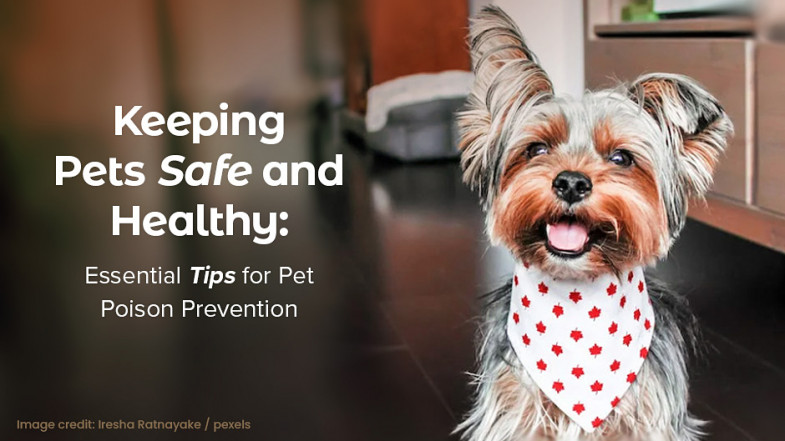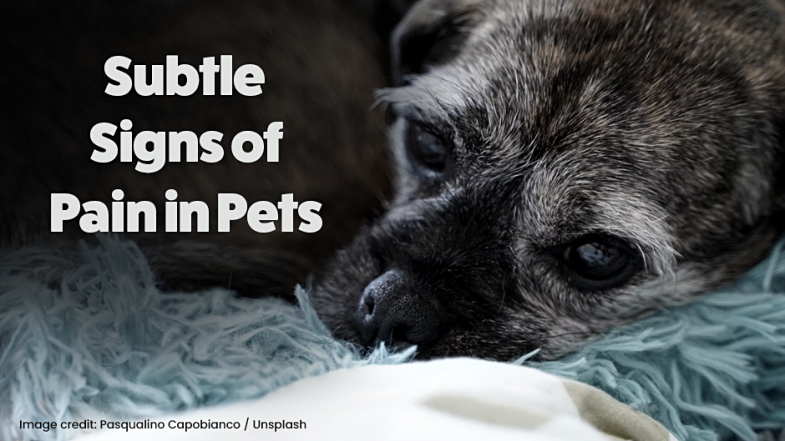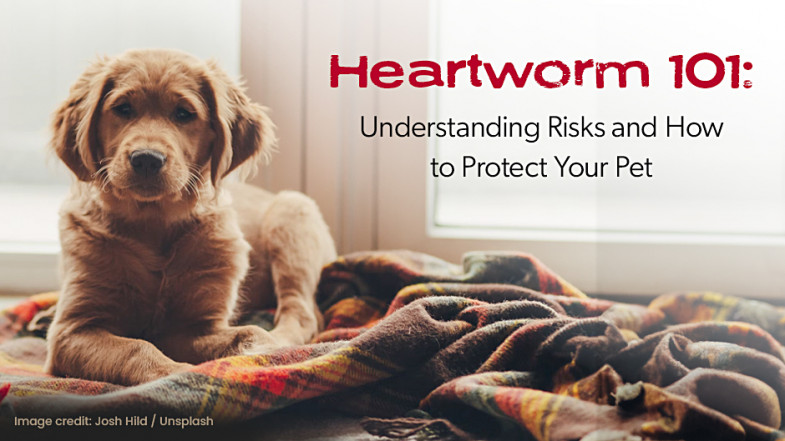Freeburg Animal Hospital Blog
Keeping Pets Safe and Healthy: Essential Tips for Pet Poison Prevention

According to the Pet Poison Helpline, every year, thousands of pets are affected by accidental poisoning. To raise awareness about common poisons and how we can prevent our pets from being exposed to them, Pet Poison Prevention Month is observed in March.
Here are some common pet toxicities that every pet owner should be aware of:
Human Medications:
Over-the-counter and prescription medications can be extremely dangerous for pets if ingested in large amounts or over a prolonged period. Common examples include painkillers, antidepressants, and cold and flu medications.
Toxic Plants:
Certain plants such as lilies (for cats) and azaleas can cause serious harm if consumed by pets.
Household Cleaning Supplies:
Many cleaning products contain chemicals that can be harmful or fatal if ingested by pets. Even if pets don't ingest a substance, they can still be harmed if a corrosive or caustic substance touches their skin.
Common Human Foods:
Grapes, onions, garlic and alcohol can all be toxic to pets if ingested. Chocolate, sugar-free gums, and mints may also be hazardous.
Rodenticides:
Rat, mouse and mole poisons can inadvertently be eaten by pets. To prevent this, use bait stations that are not accessible or toxic to your pet. Even better, opt for pet-safe options for rodent control.
Preventing Accidental Poisonings:
The best way to prevent accidental poisonings is to keep all potential toxins away from your pet's reach and never leave them unattended. This may feel daunting. After all, with so many of the items we consume or have access to every day, how can we make sure our pets don't get a hold of anything?
The key is to put safety protocols in place like keeping household cleaners and medications locked away, avoiding giving your pet human food or snacks and double-checking that any plants you bring into the house are safe for pet consumption. Take a look through your home, through your pet's eyes, and take note of what you may see if you were at their level.
Preventing pet poisoning starts with being proactive about keeping toxins out of reach. Here are some tips on how you can protect your pets:
- Store all medications in a secure location where your pet cannot access them.
- Research which plants are toxic for your particular type of pet and avoid bringing them into your home.
- Keep snacks and treats only to items specifically made for animal consumption. Be mindful of the garbage and compost areas where toxic food items may be present.
- Keep all cleaning supplies locked up or stored in a high cabinet.
- If you must use rodenticides, make sure they are placed in areas that your pet cannot access.
If you suspect that your pet has been poisoned, time is critical. Contact us immediately to receive the best advice and prompt treatment. Let’s work together to raise awareness about pet poison prevention and help keep our pets safe.
Pet Poison Prevention Month serves as an important reminder for all pet owners to take steps toward keeping their animal companions safe from potential hazards within their homes or outdoors. By being vigilant and taking preventative measures, we can help ensure our beloved companions live long and healthy lives free from harm caused by accidental poisonings.
Oreo’s journey:
Oreo was brought to us one night after being hit by a car. He suffered a broken leg and road rash, luckily he had no other serious injuries.
After several days of love, care, and hard work Oreo is out of his cast and doing a lot better! He will be looking for a new home soon!
Categories
Recent Posts

As a veterinary team, one of the most important conversations we have with pet parents is about pain. Unlike us, our pets can’t simply tell us when something hurts. They often mask their discomfort, making it difficult to recognize the early signs of pain. Whether your pet is growing older or experiencing an acute injury, understanding the subtle indicators of pain is one of the best things you can do as a pet owner to facilitate your pet’s overall wellbeing.

When was the last time your cat visited the vet? Cats are known for their independent and often aloof nature, which can sometimes lead to the misconception that they don’t require regular veterinary care. However, just like dogs, cats need routine checkups to ensure they live long, healthy lives.

Among the various health risks that pets face, heartworm disease stands out as a particularly insidious threat. This disease can have devastating effects on your pet, and yet, it is preventable. This article will delve into heartworm disease and stress the importance of proactive prevention.